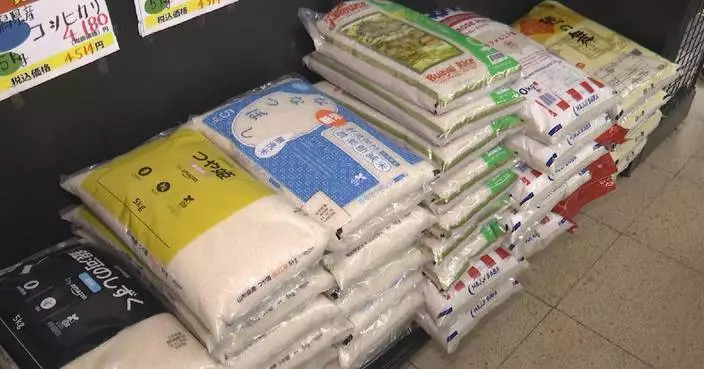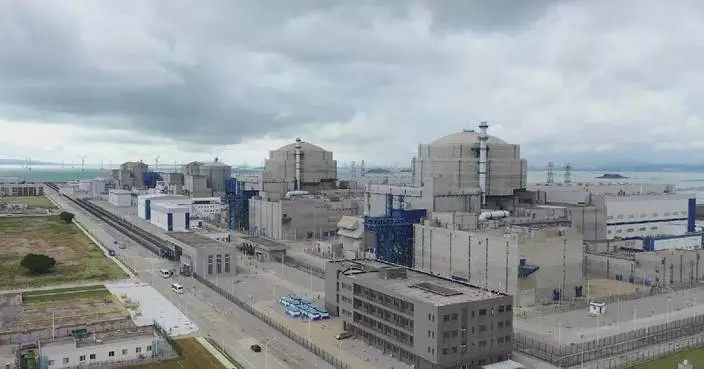Wildfires continue to ravage southern California, with at least five people confirmed dead, over 150,000 residents evacuated, and more than 1,100 homes destroyed, as flames spread unchecked across Los Angeles County.
Fueled by strong winds and dry weather conditions that have plagued the region in recent days, at least six separate wildfires have erupted across Los Angeles County since Tuesday, and nearly all remain largely uncontrolled, according to the latest data released on Wednesday by the California Department of Forestry and Fire Protection (CAL FIRE).
Among the most severe incidents is the fire in the Pacific Palisades area, which has already scorched 64 square kilometers of land. The Eaton fire, spreading in the Altadena area in eastern Los Angeles County, has also devastated over 42 square kilometers of forested land.
With the Palisades fire encroaching, authorities in Santa Monica issued emergency evacuation orders for parts of the city on Wednesday.
The wildfires have also caused widespread power outages, with over 310,000 homes and businesses currently without electricity, according to data from a U.S. power outage tracking website.
California governor Gavin Newsom declared a state of emergency on Tuesday and also visited the Pacific Palisades area where he met with local and state fire officials.
The National Weather Service stated on Wednesday that strong winds are expected to continue until Thursday in affected areas, making it harder to contain the wildfires.
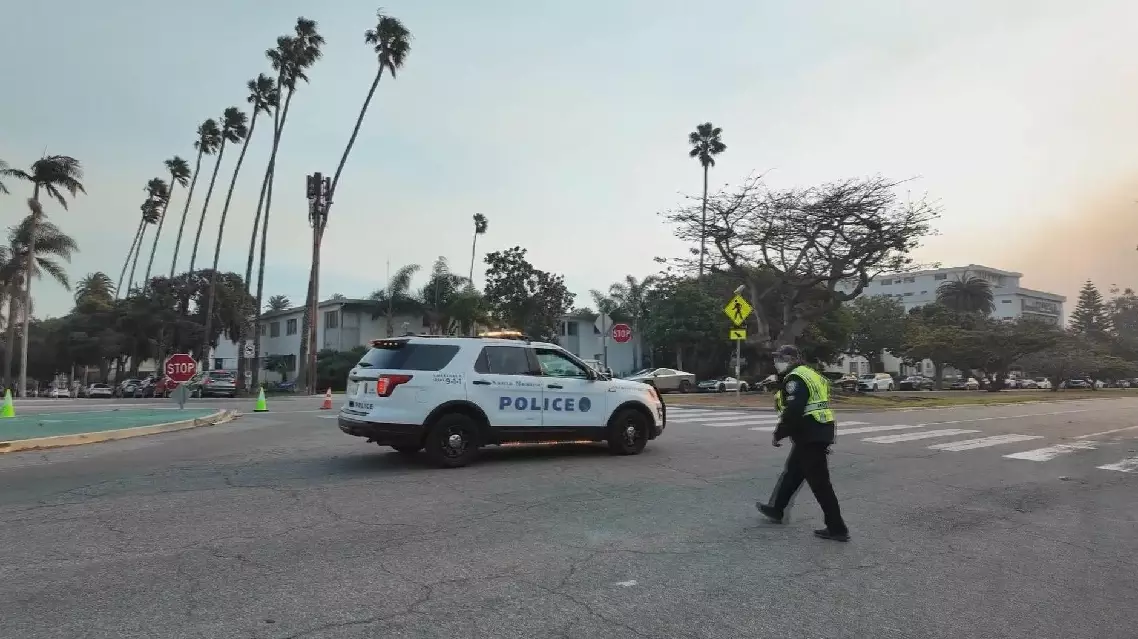
At least 5 dead, over 1,000 homes destroyed in Los Angeles County wildfires
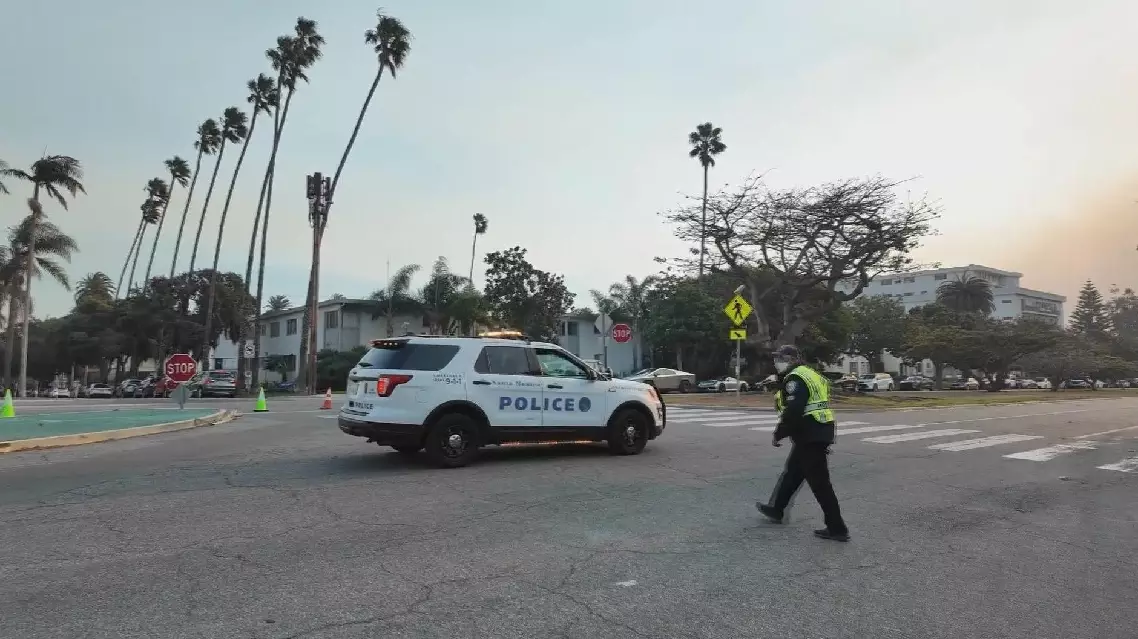
At least 5 dead, over 1,000 homes destroyed in Los Angeles County wildfires
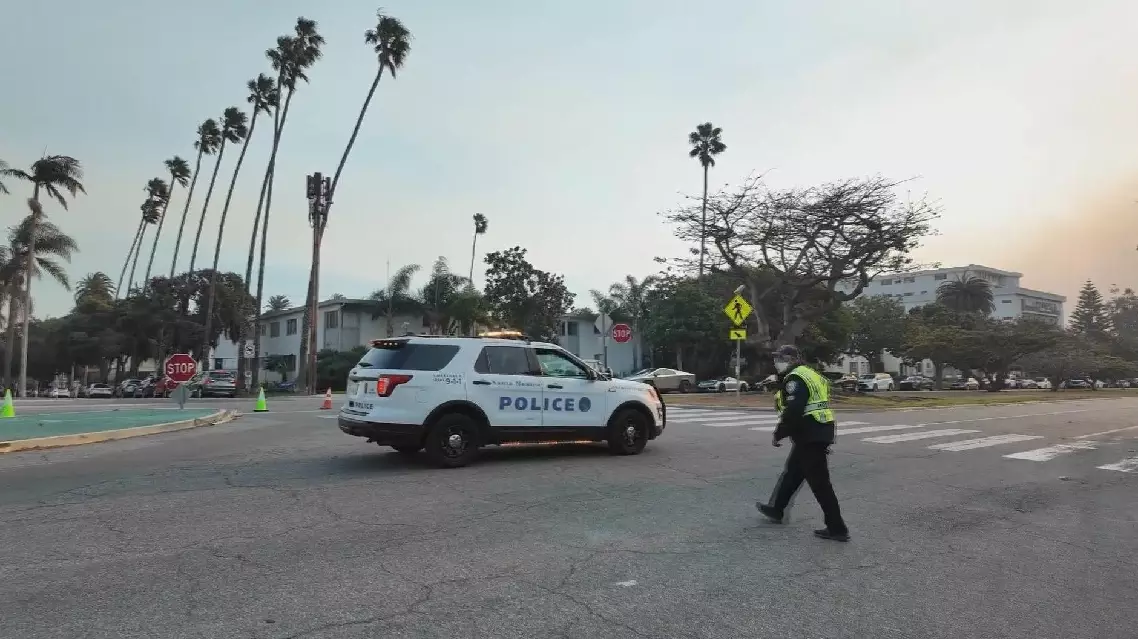
At least 5 dead, over 1,000 homes destroyed in Los Angeles County wildfires
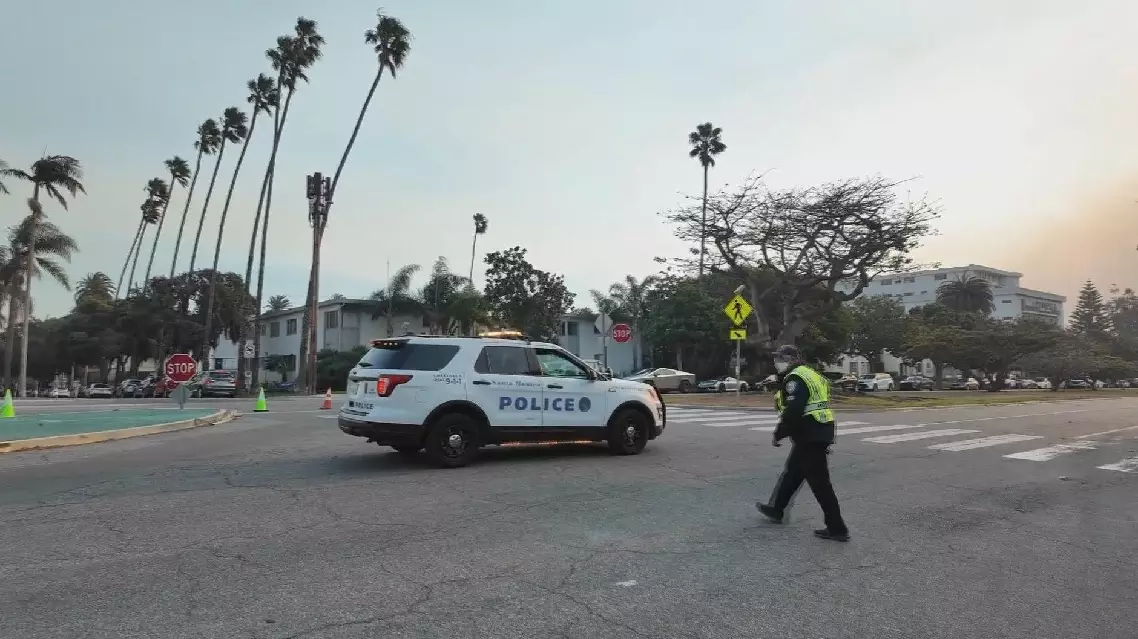
At least 5 dead, over 1,000 homes destroyed in Los Angeles County wildfires
Shipments from China to the United States have surged since the two countries announced tariff cuts, driving up freight shipping costs for U.S. companies who are rushing to replenish inventories in the 90-day window and prepare for an uncertain future.
Among them is Stonemaier Games, a U.S. tabletop game publisher which has been producing games in China and selling them in the domestic market over the past 13 years.
Jamey Stegmaier, founder and president of the company, told China Central Television that they are trying to ship products out of China as quickly as possible, but the surging demand in freight shipping has made it much harder.
U.S. bookings for container shipments from China to the U.S. had surged by nearly 300 percent as of Wednesday, which has driven up freight shipping prices, according to data from container-tracking software provider Vizion.
"The challenge we are facing now is that a lot of other companies are doing the same thing. So, we are facing shipping delays, port congestions and higher freight shipping costs as a result. I don't have exact numbers on how much the prices will increase. Usually, freight shipping costs are locked in for about a month. So, on June 1, we anticipate seeing those prices go up significantly. And for any shipments that leave China for us in late June, there is the risk that they won't even arrive within the 90-day window. 90 days will fly by," Stegmaier said.
Stegmaier said his company is planning on their winter holiday production run, but it will be much more modest than usual as they don't know how much the tariffs will be at that time.
"The current challenge that we're facing is largely one of uncertainty. I don't even know if the 90-day tariff reprieve will hold. I don't know what will happen after that. So, we are planning for a very uncertain future. And that's the biggest impact, I would say, both on the production side and the inventory that we plan on bringing and holding here in the U.S. at our warehouses," he said.
Questioning the ability of the current U.S. government to build partnerships with other countries, Stegmaier expressed hope that his country will improve its economic ties with other countries and create a more stable business environment.
"So, I'm hopeful for what the future brings in stronger ties between the U.S. and China and any other country. I'm worried the current administration in the U.S. isn't well-equipped to handle that sort of strong, healthy relationship. But I'm hopeful that relationship will improve," he said.
Following a two-day China-U.S. high-level meeting on economic and trade affairs in Geneva, the world's two largest economies announced in a joint statement on Monday a series of measures, tariff modification measures, aimed at easing trade tensions, which took effect on Wednesday.
According to the statement, the United States will place a 90-day pause on 24 percentage points of the additional ad valorem rate of duty on articles of China, while retaining the remaining rate of 10 percent on those articles. It will also remove the additional tariff rates on imports from China announced on April 8 and 9 respectively.
China will suspend 24 percentage points of the additional ad valorem rate of duty on articles of the United States for an initial period of 90 days, while retaining the remaining additional ad valorem rate of 10 percent on those articles. It will remove the modified additional ad valorem rates of duty on those articles imposed by the No. 5 and No. 6 announcements issued by the Customs Tariff Commission of the State Council on April 9 and 11, respectively.

U.S. businesses rush to ship products out of China following tariff cuts











